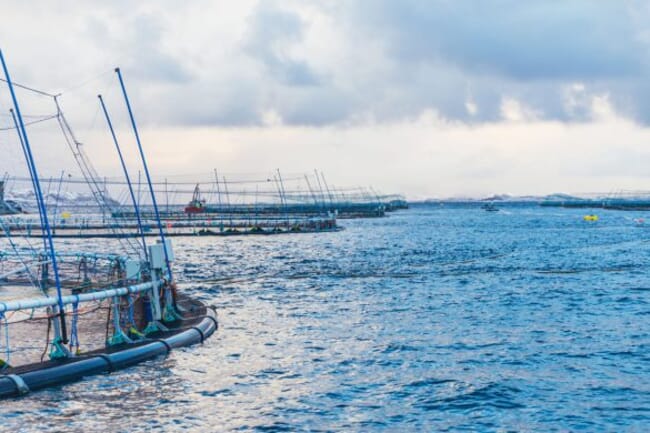
© Lerøy Seafood Group
Although the new 40 percent rent tax, which the government wants to bring in on 1 January, still has to be passed by the Storting, Norway’s parliament, salmon producers are – understandably – reluctant to continue with their investments until a decision has been made. And Lerøy's announcement came on the same day that Cermaq released a similarly critical statement of the plans.
“Increasing the tax rate from 22 percent to 62 percent creates unreasonable framework conditions for the industry in Norway, changing the scope and incentives for investments in areas other than maintenance capex. All major new investments in the Group’s value chain in Norway must regrettably be put on hold pending the decision of the Storting, the Norwegian parliament. The Board of Directors has today decided to halt the NOK 420 million [£35 million] investment already under way to increase processing capacity at Skjervøy in Troms,” said the company in a stock exchange announcement.
“Norway’s aquaculture industry is something as unique as a globally competitive form of food production that is sustainable both from an environmental/climate perspective and financially. Norway needs to step up, not least in these difficult times, and continue to facilitate production of food for the world’s population. In recent decades, this decentralised district-based industry has built a unique value chain based on expertise and willingness to take risks. This value chain has significant potential for further development, but then the government needs to work together with the industry and provide predictable framework conditions. Introducing a resource rent tax will halt development of the industry’s value chain and hence reduce all its direct and indirect ripple effects along the coast,” said Henning Beltestad, CEO of Lerøy.
